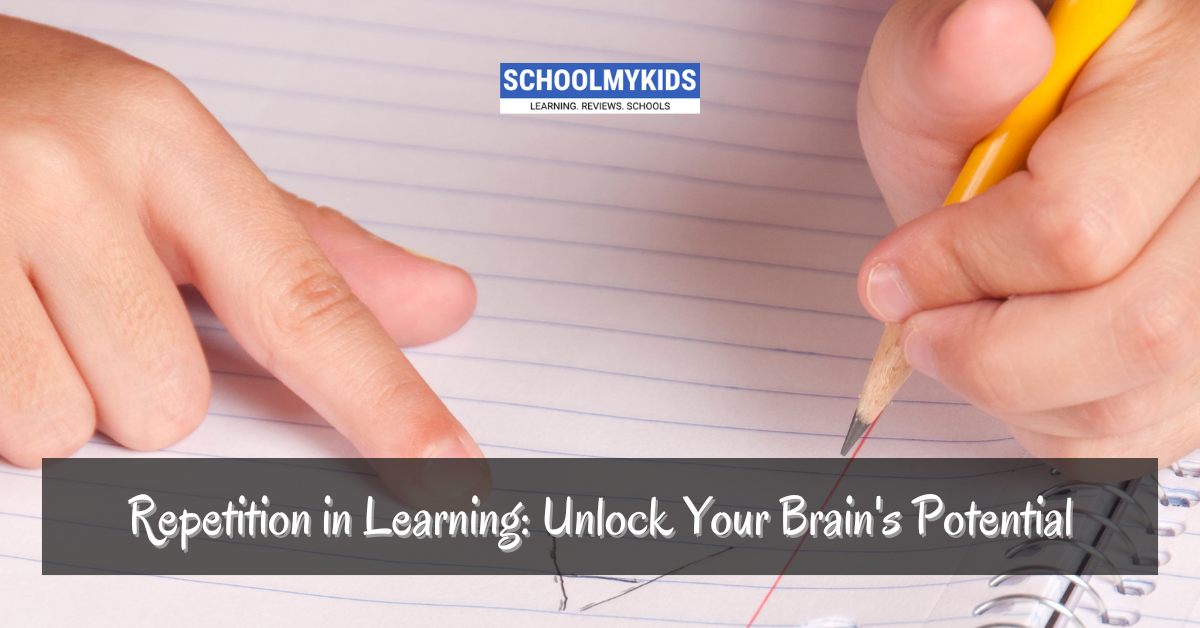We've all heard the phrase, "Practice makes perfect." It's a simple statement, yet it encapsulates a fundamental truth about learning. Repetition, the act of doing something repeatedly, is a cornerstone of acquiring new skills and knowledge. However, in today's fast-paced world, where instant gratification is the norm, repetition is often dismissed as boring or ineffective. It's time to revisit this misconception and understand the true power of repetition in learning.
The Stigma Around Repetition
Repetition in learning has developed a negative reputation. It's often seen as a mindless, rote process that stifles creativity and critical thinking. This couldn't be further from the truth. While it's true that mindless repetition without understanding is counterproductive, repetition with understanding is a powerful tool for building strong neural connections.
Think about how you learned to ride a bicycle. It wasn't about understanding the physics of balance; it was about getting on the bike and trying again and again until it became second nature. That's repetition in action. The same principle applies to learning anything from math equations to musical instruments.
Repetition with Understanding: The Key to Success
It's crucial to differentiate between repetition without understanding and repetition with understanding. The former is indeed a waste of time, but the latter is essential for deep learning. When you repeat something while actively engaging with the material, you're reinforcing your understanding. This process helps move information from your short-term memory to your long-term memory.
For students, repetition with understanding is particularly beneficial. It helps them build a strong knowledge foundation, which is essential for tackling more complex concepts. When students repeatedly practice solving problems or answering questions, they understand the underlying principles more deeply. This improves their academic performance and also boosts their confidence.
The Role of Parents
As parents, we play an important role in promoting a love of learning in our children. Understanding the importance of repetition is essential for supporting their academic journey. By incorporating repetition into their daily routine, we can help them build strong study habits and develop a growth mindset.
For instance, reading the same story multiple times can help young kids develop a love of reading and improve their vocabulary. Practicing math facts regularly can enhance their number sense. Even simple activities like playing board games can reinforce problem-solving skills and strategic thinking.
Benefits of Repetition and Tips for Effective Implementation
Repetition offers a multitude of benefits for learners of all ages:
- Improved memory: Regular practice strengthens neural connections, making it easier to recall information.
- Increased efficiency: With repetition, tasks become automatic, freeing mental resources for more complex thinking.
- Enhanced problem-solving skills: Repeated exposure to different problem types helps develop a systematic approach.
- Boosted confidence: Mastery through repetition builds self-belief and reduces anxiety.
To make repetition more effective, consider these tips:
- Vary the practice: Avoid monotony by incorporating different activities and exercises.
- Set realistic goals: Break down lessons into smaller, achievable steps.
- Provide immediate feedback: Help learners understand their strengths and weaknesses.
- Create a positive learning environment: Make repetition enjoyable through games, puzzles, or technology.
- Encourage spaced repetition: Review material at increasing intervals to reinforce learning.
Conclusion
Remember, repetition in learning is not a magic bullet. It's one tool in the learning toolbox. When combined with other effective strategies like active learning, collaboration, and critical thinking, repetition can be a powerful catalyst for success.
So, the next time you or your child struggles with a new concept, don't avoid repetition. Embrace it as a valuable tool for building a strong foundation of knowledge and skills. With patience and persistence, you'll reap the rewards of this often-overlooked learning strategy.








Be the first one to comment on this story.